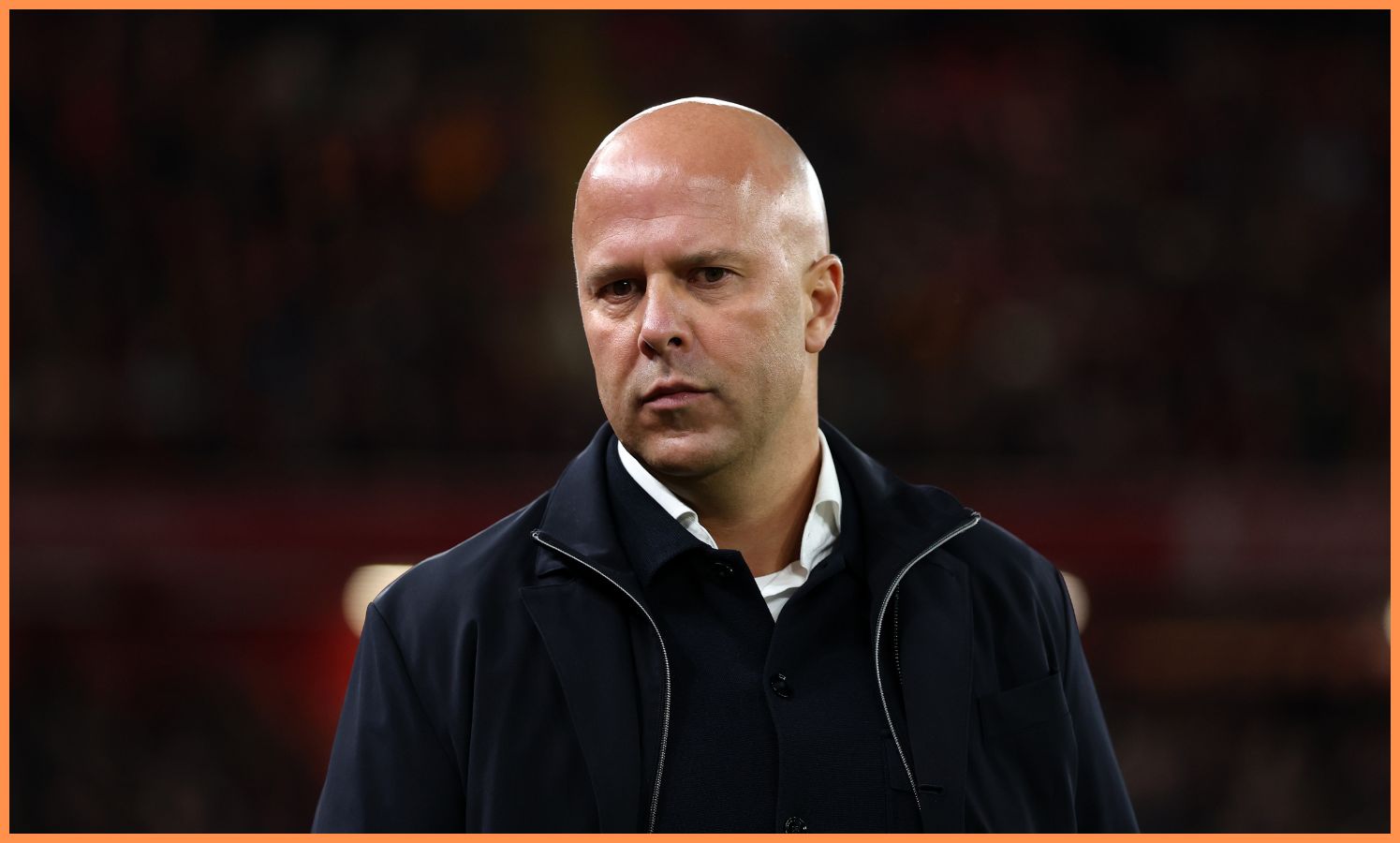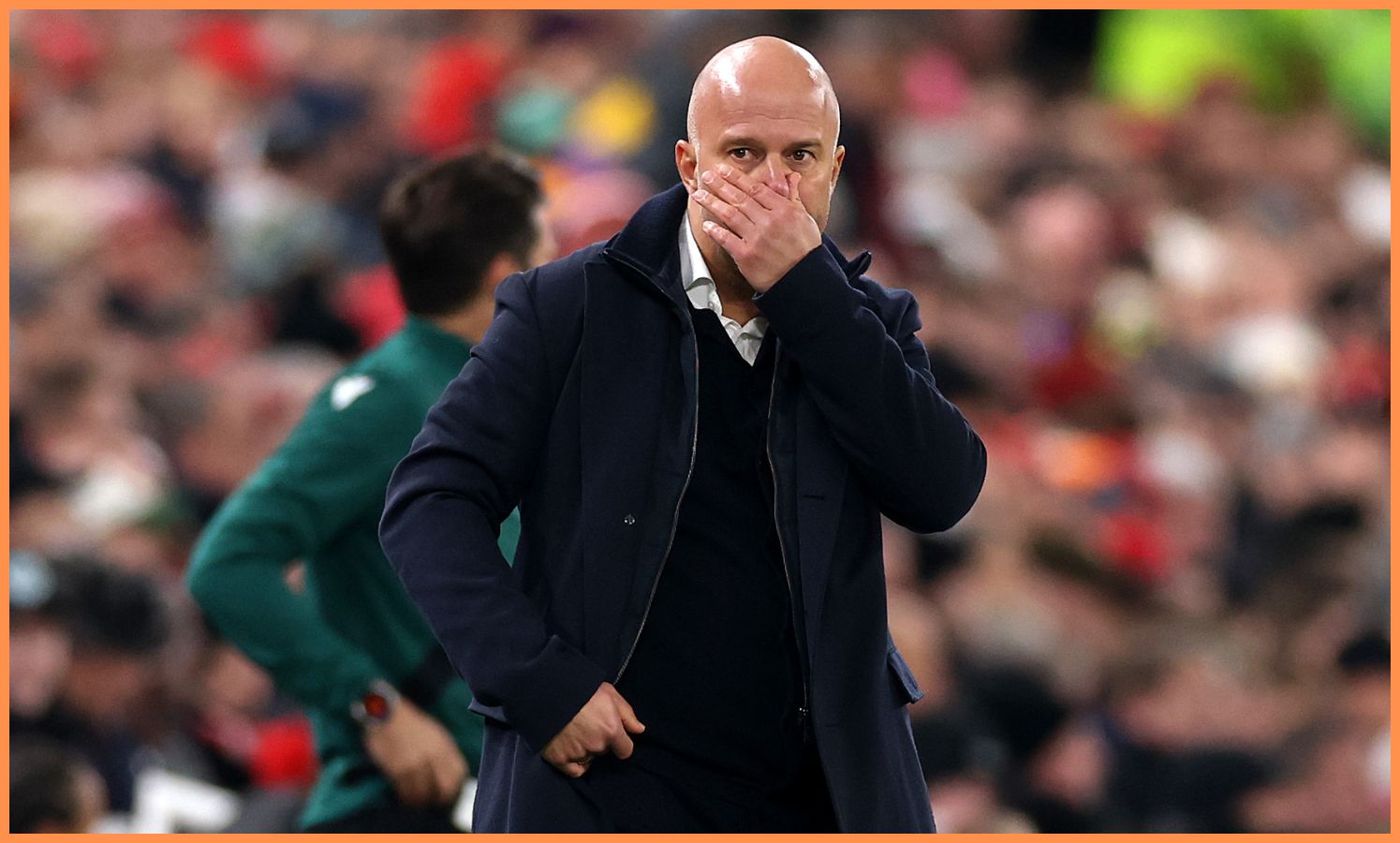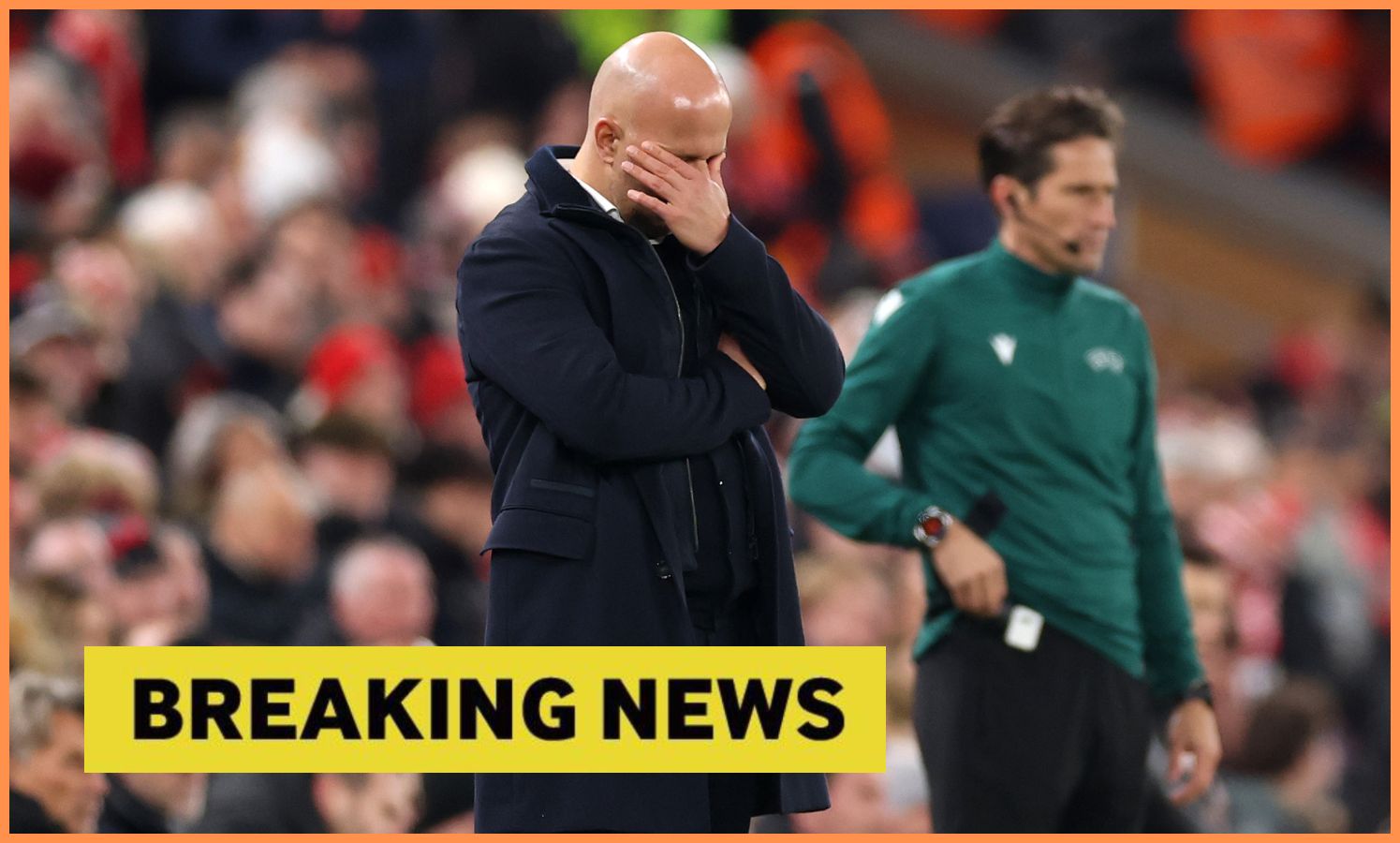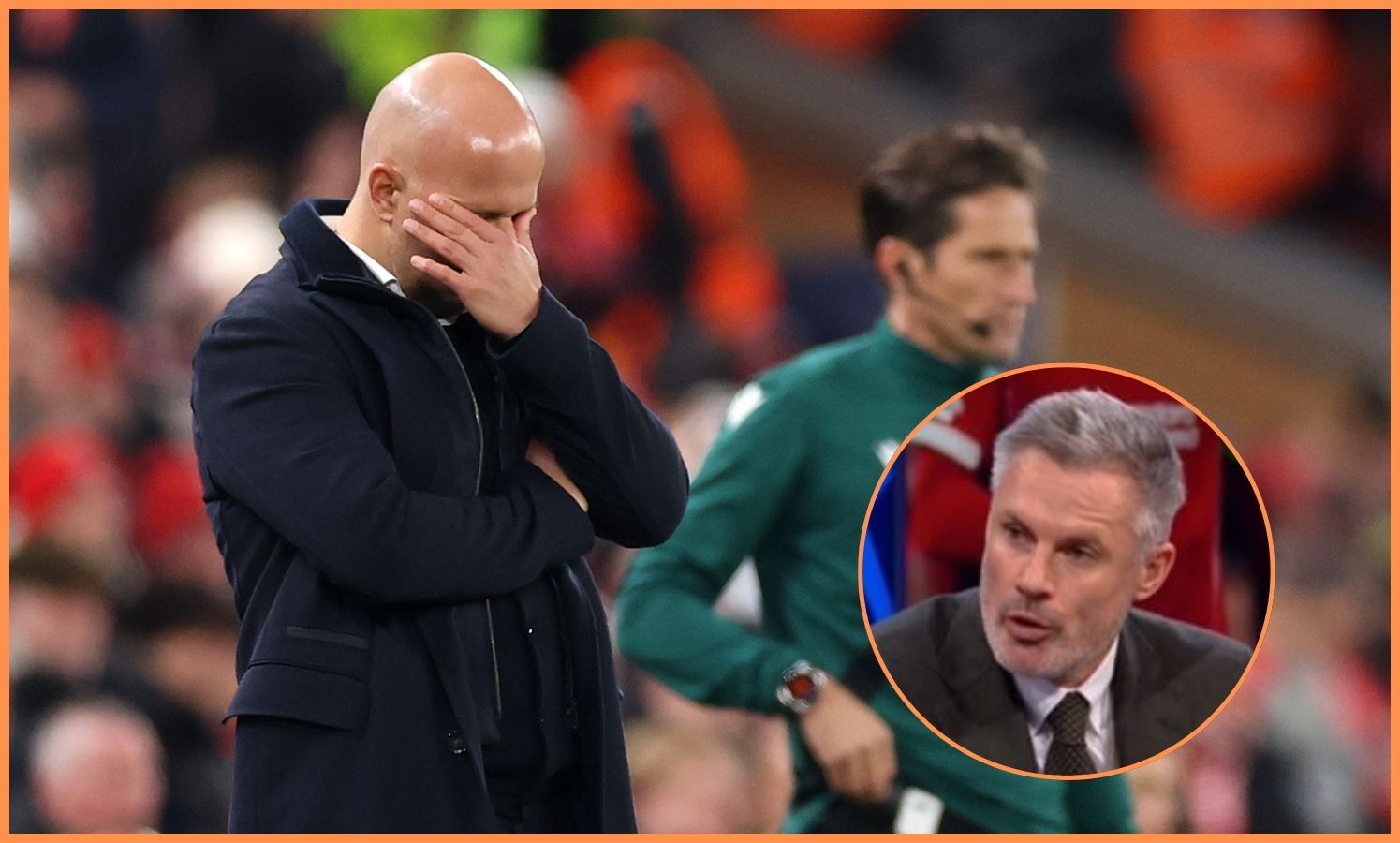A statement had been made. Arsenal dismantled Bayern Munich, a victory echoing through the Emirates Stadium and sending ripples across European football. It wasn’t merely a win; it was a demonstration of a newfound resilience, a tactical maturity that has transformed the Gunners into a force to be reckoned with.
The performance sparked immediate, fervent analysis. Thierry Henry, a legend draped in Arsenal’s history, didn’t hesitate. He declared, with conviction, that this Arsenal side is fundamentally different – a team built on a solidity unseen in years. It wasn’t the nostalgic affection of a former player speaking; it was an objective assessment of a team operating on a higher plane.
Declan Rice, the midfield anchor, embodied this change. Receiving the man-of-the-match award, he remained characteristically humble, but Henry’s words resonated with a truth even Rice couldn’t deny. This wasn’t the Arsenal of old, prone to fragility. This was a team that embraced its strength, a unit capable of weathering any storm.

Jurrien Timber’s performance was particularly striking. The full-back not only opened the scoring with a powerful finish, but he dominated his flank, showcasing a level of skill and determination that has quickly made him a fan favorite. His impact was immediate and undeniable, a testament to Arsenal’s shrewd recruitment.
Bukayo Saka, a constant threat, drew relentless attention from the Bayern defense. Man-marked throughout the match, he still managed to create opportunities, a clear indication of his burgeoning talent and the respect he commands from opponents. The focus on him speaks volumes about his growing influence.
Even in moments of challenge, Arsenal displayed a remarkable composure. A tricky night for young Myles Lewis-Skelly highlighted the depth of the squad and the high standards set by Arteta. The manager’s ability to cultivate competition within the team is a key component of their success.

Emerging from the Bayern ranks, 17-year-old Lennart Karl offered a glimpse of future talent, scoring a well-taken goal that briefly ignited hope for the visitors. However, it wasn’t enough to disrupt Arsenal’s unwavering control.
Harry Kane, returning to the Emirates, found himself largely neutralized by Arsenal’s formidable backline. The England captain, a proven goalscorer, was forced to spend much of the evening tracking back, a testament to Arsenal’s defensive prowess. It was a stark reminder of their ability to stifle even the most potent attacks.
The statistics tell a compelling story: Arsenal remains undefeated at home in the Champions League group stage since Arteta’s arrival. This isn’t just a run of good form; it’s a fortress built on tactical discipline, unwavering commitment, and a growing belief in their own capabilities.

Jamie Carragher, another astute observer of the game, echoed Henry’s sentiment. He boldly stated that Arsenal is currently the best team in Europe, acknowledging the long road ahead but emphasizing their undeniable dominance in the present moment. The consensus is growing: Arsenal has entered a new era.
Arteta has instilled a physicality and mental fortitude previously lacking in Arsenal sides. They are no longer content to simply play attractive football; they are willing to fight for every inch, to dominate from set-pieces, and to impose their will on opponents. This transformation is the foundation of their success.
Henry pinpointed a crucial shift in approach. Arsenal now plays with intelligence, knowing when to build patiently and when to exploit space with direct, incisive attacks. They don’t overplay in their own half, recognizing the value of a calculated long ball when pressure mounts. This tactical flexibility is proving to be a game-changer.

The victory over Bayern wasn’t just a triumph on the pitch; it was a validation of Arteta’s vision, a testament to the players’ dedication, and a signal to the rest of Europe: Arsenal is here to compete, and they are doing so with a level of confidence and solidity that hasn’t been seen in years.






